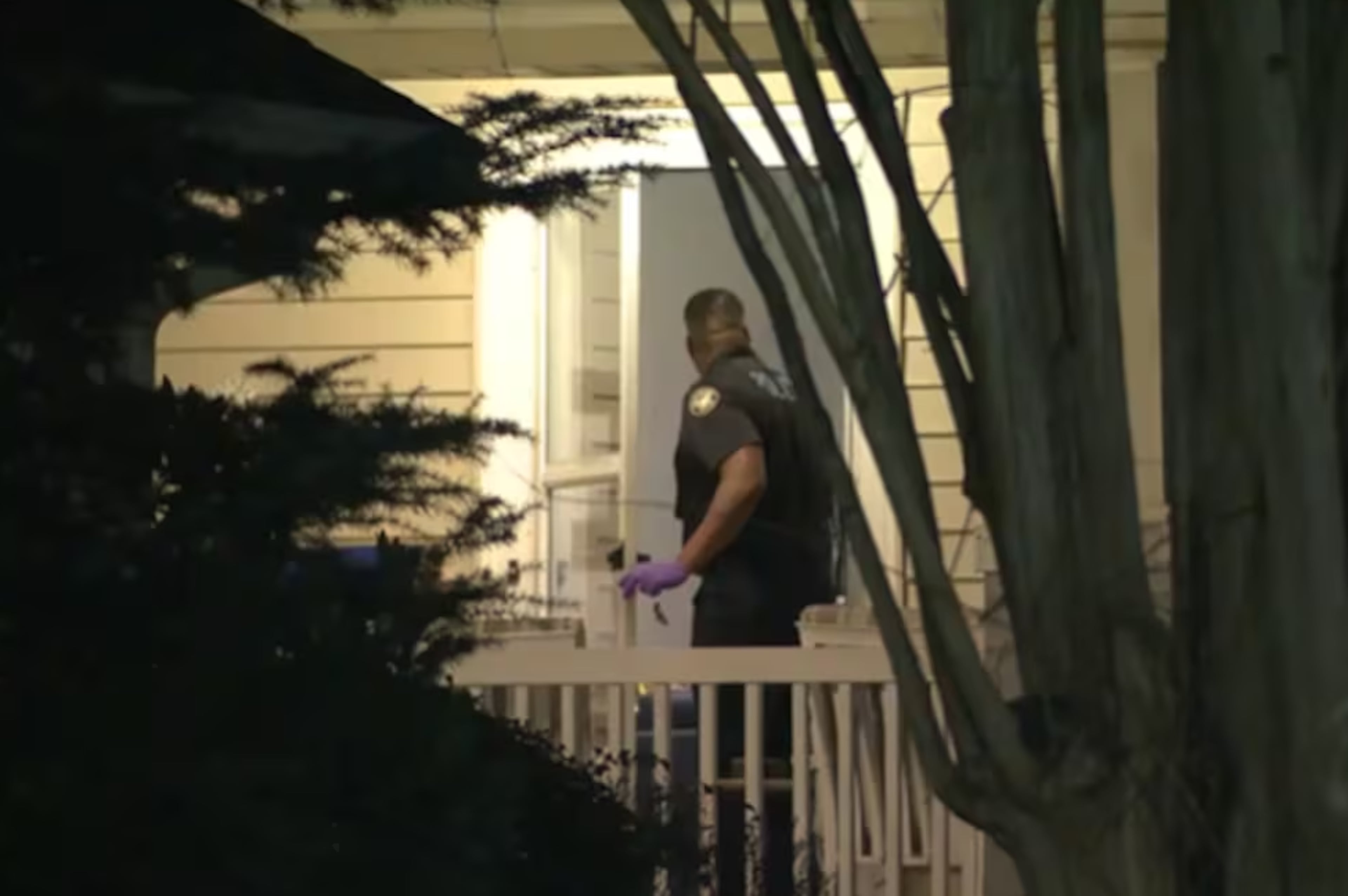Marietta suspends one-way plan for residential roads near town square, vows to revisit idea in a year

Traffic along Lawrence Street and Washington Avenue — a pair of roads that run just off the Marietta Square — will remain two-way for at least another year.
Bowing to public pressure, Marietta City Council on Wednesday night voted to abandon a plan to make both streets one-way. Instead, they approved a moratorium that will prevent the roads from being made one-way for the next year.
But city officials could soon consider adding “speed-detection devices” as a new tool for police to crackdown on motorists speeding along residential roads.
Council voted 5-1 to overturn a plan approved last September that would’ve turned Lawrence Street and Washington Avenue one-way as a measure to reduce speeds and improve safety for pedestrians and bicyclists. Ward 5 Councilman Reggie Copeland cast the lone opposition vote, while Councilwoman Michelle Cooper Kelly abstained.
Copeland, who introduced last year’s plan to shift to one-way streets, was critical of the council’s change of heart. He noted it got unanimous approval from the three-member Public Works committee Aug. 25 and the full council about two weeks later.
“This makes no sense at all to me,” Copeland said. “You can never make sense out of nonsense, and this is a bunch of nonsense in my opinion.”
Marietta council members on Sept. 9 voted 7-0 to change both streets one-way between Cole and Fairground streets. Lawrence Street would’ve run westbound while traffic along Washington Avenue flowed eastbound under that plan.
Marietta has spent the past several months installing speed bumps and signs along Lawrence and Washington to improve traffic. City Council will review those traffic safety measures in a year to determine if they are working. That will help them ultimately decide if the one-way streets are warranted.
Many residents who live along both roads supported the idea of one-way traffic, saying the volume of cars traversing the narrow residential routes had become unsafe.
“I’m here to ask you to stand firm on your unanimous vote to provide the necessary safety for pedestrians on these streets by making them one way and improving the sidewalks,” resident Richard Segers told council members Wednesday.
But hundreds of residents and business owners mounted a public campaign to stop implementation before Public Works crews converted the roads to one-way. Business owners with storefronts, boutiques and law firms along both roads helped push the opposition.
“One-way streets are bad for business and they depreciate your property values,” said attorney Steve Woodman, who said he’s owned an office along Lawrence Street for nearly 40 years.
Copeland made a motion at Wednesday’s meeting for the city to request state approval to use speed detection devices in 25 mph zones of Lawrence Street and Washington Avenue. Council voted to table that discussion until the next Public Works committee meeting. Officials said that will give the Marietta Police Department and other council members time to identify other roads that need monitoring for speeders. They did not discuss what type of detection devices might be employed.
During a work session Monday, Councilman Griffin Chalfant suggested Copeland misrepresented the community’s support for the idea.
“You told us personally that everyone on that whole street, on both those streets, was completely for one-way streets,” Chalfant shot back. “That’s why we voted for it Reggie. We took your word for it.”
Copeland continued to bristle at the comment during Wednesday night’s discussion.
“I was told Monday that the reason that they’re changing their minds is because I’ve lied,” Copeland said. “Let me correct that: I have not lied.”
“We made a decision 3-0, then we made the decision 7-0. Then some high-powered lawyers started complaining, and that’s when it changed,” he added moments later.



